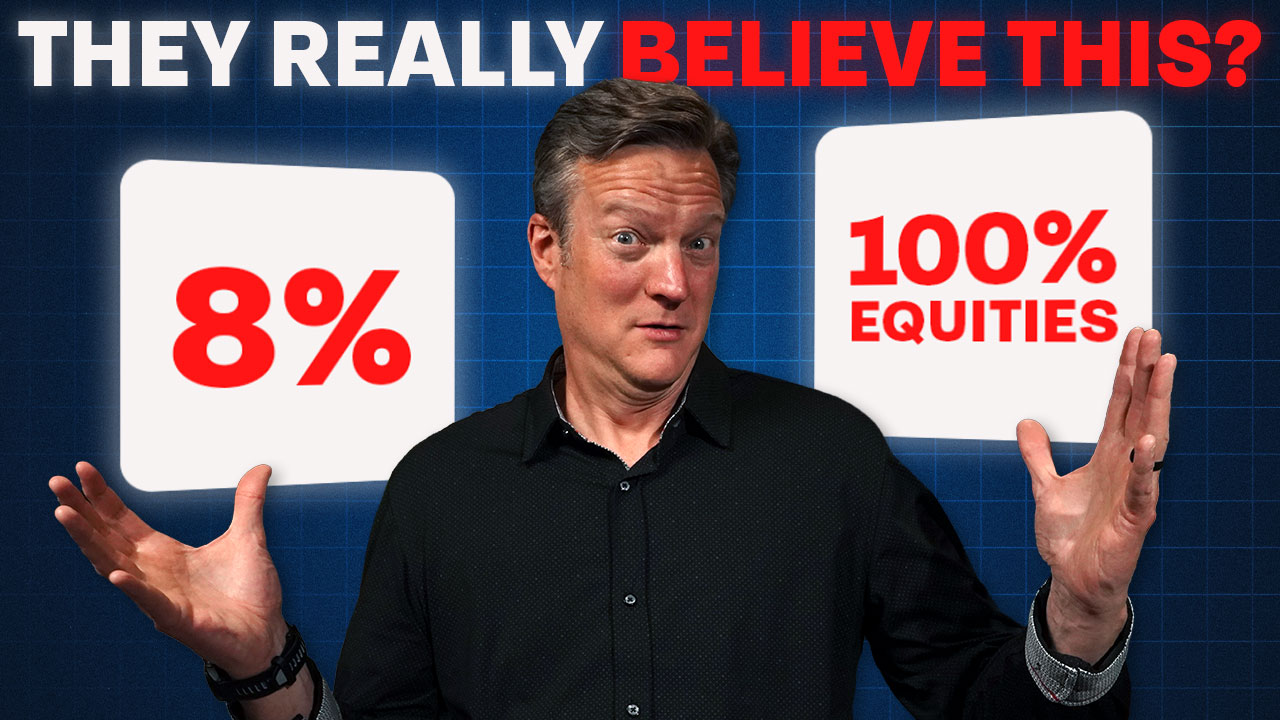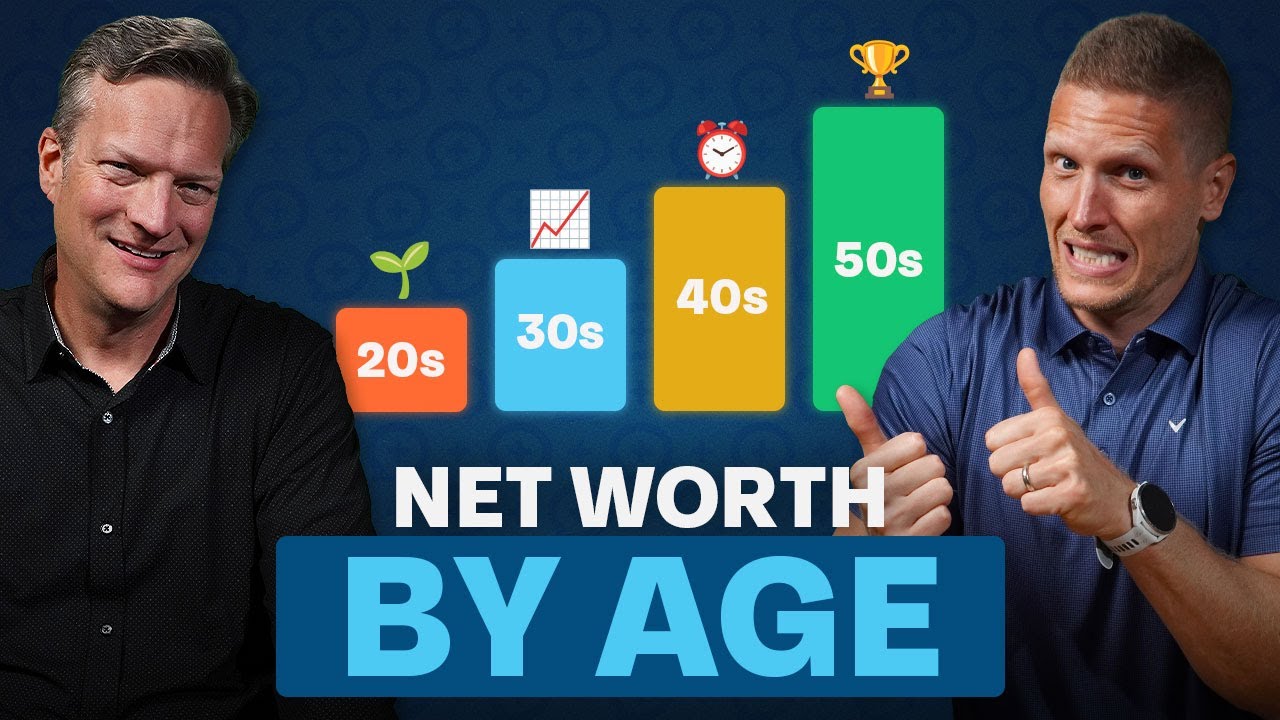Both vehicles are expensive, and they can get you into a trap if you're not doing it right. The second thing is where you're going to live; homes and housing are very expensive, and inflation has definitely been impactful there too. Yeah, it's interesting, for most people, the single most expensive thing you will ever buy is a home, and for most people, the American dream is homeownership. We want to be in a home; we want to own our piece of land. However, if we look at home prices just over the last decade, they have increased precipitously, specifically since 2020, since COVID. We've seen a huge run-up in the price of homes. Now it has subsided a bit; it's down about nine percent since last quarter, but home prices are still high. They're higher than they were a year ago, and that's higher than it was two years ago, and that's higher than it was five years ago. Unfortunately, you can't control what happens with the value of homes, but there are some things that are in your control when it comes to home buying.
Yeah, and by the way, we don't know if it's going to continue to go down or if it's going to go up, but we do know it's one of those things where you still have the ability to control how much house you can afford to buy, where you buy the house, how far your commute is, and so forth. All these things, whether you even buy versus just rent. Sure, while you're trying to figure out what's going on, the decision, we've actually realized there are a lot of variables that people just need to sit down and do the homework. Don't get in a hurry because this is a lot of what you need to do financially. It has you going through checklists and also going through and making sure you are thinking about this in a long-term mindset, not in the instinctive, just-moment-in-time "what will make me feel good." So we think when it comes to buying a home, there are some rules you can follow.
The first, and you just kind of alluded to this, is your timeline. Do I believe that I can be in this home for at least five to seven years? Home-buying decisions are long-term decisions. You don't want to make that decision based on, "Okay, what does the next six months gonna look like? What's the next one year gonna look like?" You want to make sure you give yourself enough time that even if you do buy at the top of the market or even if you do buy when prices have appreciated, if you stretch out your timeline long enough, odds are you're going to be okay.
The second thing you want to make sure is that when you're buying your first home, you don't necessarily have to put 20% down on your first home. You get a little latitude. If you can only do three percent, five percent, ten percent, that's okay, so that you can get on the homeownership side of the equation. So long as you do not run afoul of the third piece, you have to make sure you keep your housing costs less than 25 percent of your monthly gross income.
Now, with the
Money Guy rule, we have taken something that's a pretty complex personal decision and boiled it down to really three simple things. But I know that there's a lot more. If you're going to actually do what's good for you, you need to probably go through a checklist to see how do you personalize this. And that's why I would encourage you to go to
moneyguy.com/resources. We have a completely free eight-part checklist that you can go through to see, "Hey, have I got all my ducks in a row when I'm making this big lifetime decision?" Because it is one of those things, Bo, that housing, we don't know if it's going up, we don't know if it's going down, as we know time will spread that out. So you need to be thinking, don't make a one to two-year decision; make a decision that's going to serve you well for the next decade. And I think the resources and free information we've shared are going to help you navigate that.
I love, Brian, that you've said this before: when it comes to making a housing decision, don't make it based on the market. Don't make it based on, "Oh, prices are going to go up or interest rates might change." Make the decision based on the need that you have and reasonably what you can afford. And if you follow those two metrics, it's much more likely you're going to set yourself up for success, then get yourself into a house that you can't afford at a time that you should not be making that decision.
I do think interest rates will go down, likely even in the next year to 18 months; however, do not get yourself in a financial situation where the only way you can be successful is for interest rates to go down in the future. And I think there are a lot of people right now trying to handicap, "Hey, I'll overpay what I really can't afford at this much higher interest rate, but it's okay because interest rates will go back down to two and a half, three, three and a half percent in the next few months." We don't know that. We have no way to know, so make sure that you're building your housing decision off of what we can control and what we know right now. Hopefully, it gets better, but don't always assume you know what the rest of the story is. You know, it makes an "out" of you and me. So go ahead and make sure you handle that in your scenario planning with your finances too.











